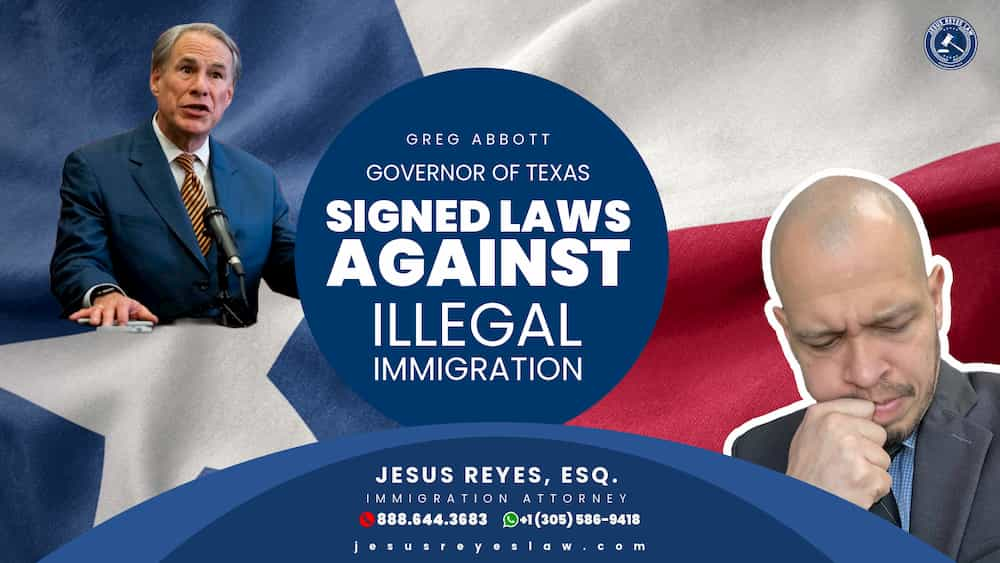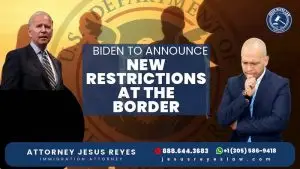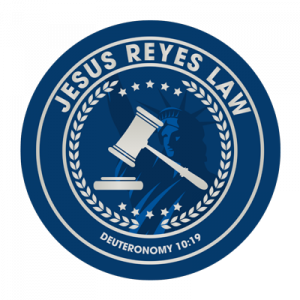Texas Governor Greg Abbott recently enacted three new laws aimed at tightening measures against illegal immigration. This development signifies a substantial shift in the state’s immigration policy and has sparked widespread discussions and controversies. In this article, we will delve into these laws and their potential implications in detail.
Details of the New Laws
The three laws address various aspects of immigration and border security:
- **SB 4**: This law makes illegal entry or re-entry into Texas a state crime, with penalties ranging from 180 days to 20 years in prison. It also allows Texas police officers to detain individuals suspected of illegal entry.
- **Funding for the Border Wall**: Provides $1.5 billion for the continuation of the border wall construction, a project initiated by former President Donald Trump.
- **Combatting Human Trafficking**: Enacts severe jail sentences for those involved in human trafficking.
Controversies and Legal Challenges
SB 4 has raised concerns about racial profiling and the extent of police authority. Moreover, the U.S. Supreme Court and other courts have ruled that the enforcement of immigration laws is a federal government responsibility, which could pose legal challenges to these laws’ implementation in Texas.
International and Local Reaction
The Mexican government has voiced its opposition to measures that allow state or local authorities to detain and return Mexicans or foreigners to Mexico. Additionally, immigrant rights groups and other organizations have announced plans to sue Texas and challenge these laws.
The new laws in Texas mark a milestone in the state’s immigration policy. However, their legality and effectiveness remain to be seen, given the complexity of immigration laws and the potential judicial challenges they face.










